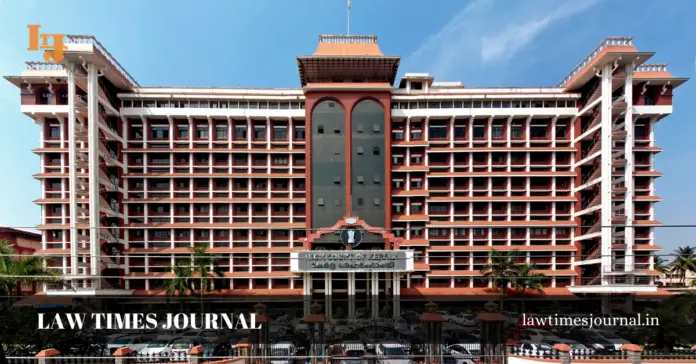
The State government’s notification prohibiting online rummy for stakes is unenforceable, according to the Court, because the game is primarily a matter of skill.
The Kerala High Court ruled on Monday that prohibiting online rummy from being played for stakes is unconstitutional because it is primarily a skill game (Gameskraft Technologies Pvt Ltd v. the State of Kerala).
A group of petitions challenging the state government’s ban on online rummy was granted by a single judge, Justice TR Ravi.
The Court found that prohibiting online skill games for money, such as rummy, is arbitrary and violates fundamental rights.
As a result, the restriction on online rummy is unconstitutional and so unenforceable.
The petitioners were challenging a notification issued by the Kerala government on February 23, 2021, which effectively banned “online rummy when played for stakes” under the rules of the Kerala Gaming Act, 1960.
The petitioners cited Supreme Court decisions in State of Andhra Pradesh v K Satyanarayana and Ors and KR Lakshmanan v. State of Tamil Nadu and Ors, which determined that rummy is largely a skill game.
Furthermore, the Supreme Court had ruled that tournaments in which victory was contingent on a high degree of skill were not gambling, and hence could not be forbidden under state gambling and gaming laws.
As a result, the petitioners argued that any profit made by the petitioners by offering a game of skill, such as online rummy with stakes, is a “enterprise” protected under Article 19(1)(g) of the Indian Constitution.
It was also argued that the jurisdiction granted by Section 14A of the Kerala Gaming Act, 1960 is confined to defining what constitutes a game of sufficient skill to be exempt from gambling rules.
The announcement prohibiting online rummy is ultra vires Article 246 of the Constitution, according to the plea, because it is a settled position that rummy is a game of skill for the purposes of State gambling and gaming rules.
The petitioners’ arguments were determined to be valid, and the Court issued an order ruling the government’s notification invalid.
Advocates Santhosh Mathew, Thomas P Kuruvilla, P Prijith, and Martin Jose represented the petitioners.
A recent amendment to the Tamil Nadu Gaming Act, 1930, establishing a prohibition on internet gaming, including online rummy and online poker with stakes, was also struck down by the Madras High Court.
The bench of Chief Justice Sanjib Banerjee and Justice Senthilkumar Ramamoorthy held that the least intrusive standard had been exceeded by imposing a broad-based full ban and that the ban had thus violated Article 19(1)(g) of the Indian Constitution.





